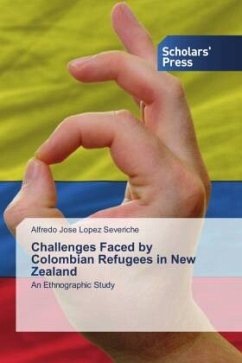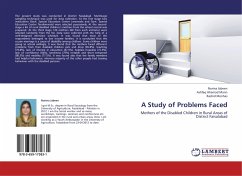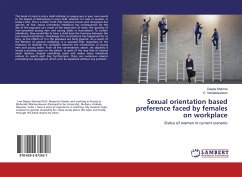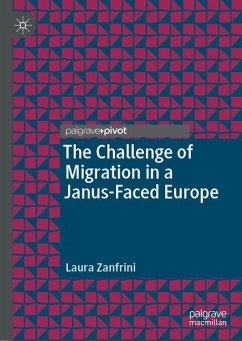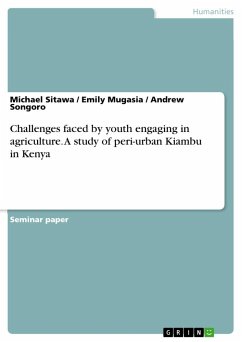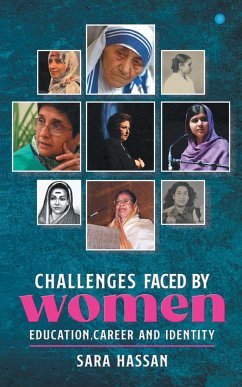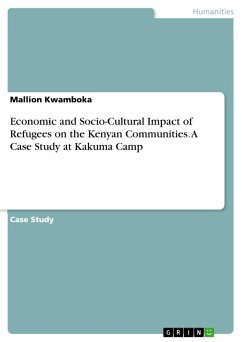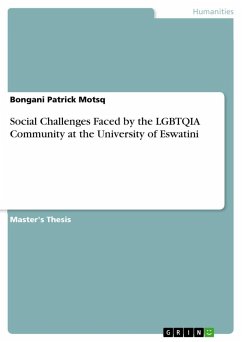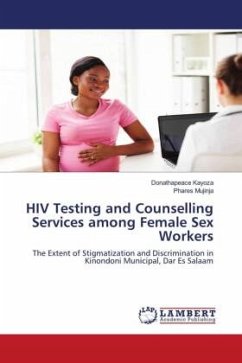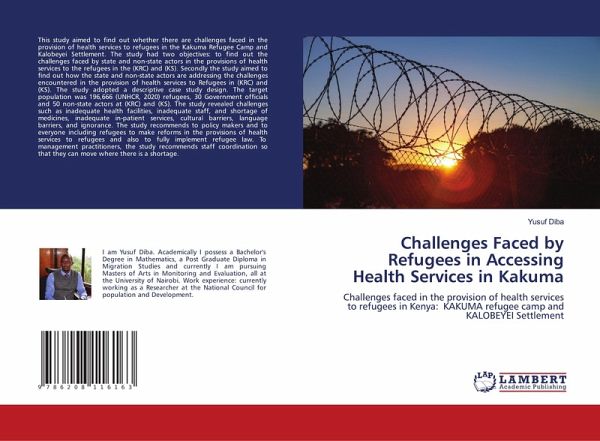
Challenges Faced by Refugees in Accessing Health Services in Kakuma
Challenges faced in the provision of health services to refugees in Kenya: KAKUMA refugee camp and KALOBEYEI Settlement
Versandkostenfrei!
Versandfertig in 6-10 Tagen
29,99 €
inkl. MwSt.

PAYBACK Punkte
15 °P sammeln!
This study aimed to find out whether there are challenges faced in the provision of health services to refugees in the Kakuma Refugee Camp and Kalobeyei Settlement. The study had two objectives: to find out the challenges faced by state and non-state actors in the provisions of health services to the refugees in the (KRC) and (KS). Secondly the study aimed to find out how the state and non-state actors are addressing the challenges encountered in the provision of health services to Refugees in (KRC) and (KS). The study adopted a descriptive case study design. The target population was 196,666 ...
This study aimed to find out whether there are challenges faced in the provision of health services to refugees in the Kakuma Refugee Camp and Kalobeyei Settlement. The study had two objectives: to find out the challenges faced by state and non-state actors in the provisions of health services to the refugees in the (KRC) and (KS). Secondly the study aimed to find out how the state and non-state actors are addressing the challenges encountered in the provision of health services to Refugees in (KRC) and (KS). The study adopted a descriptive case study design. The target population was 196,666 (UNHCR, 2020) refugees, 30 Government officials and 50 non-state actors at (KRC) and (KS). The study revealed challenges such as inadequate health facilities, inadequate staff, and shortage of medicines, inadequate in-patient services, cultural barriers, language barriers, and ignorance. The study recommends to policy makers and to everyone including refugees to make reforms in the provisions of health services to refugees and also to fully implement refugee law. To management practitioners, the study recommends staff coordination so that they can move where there is a shortage.





